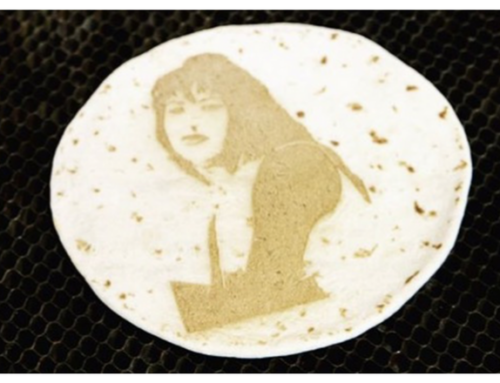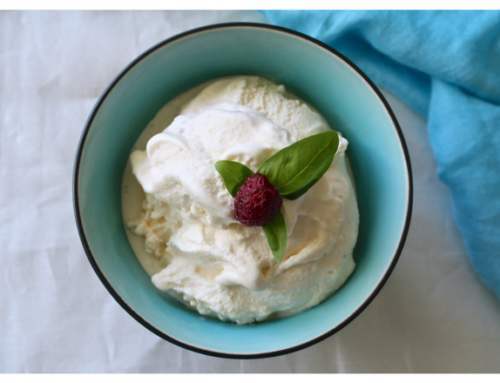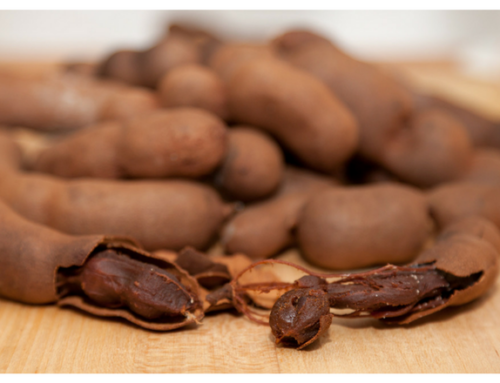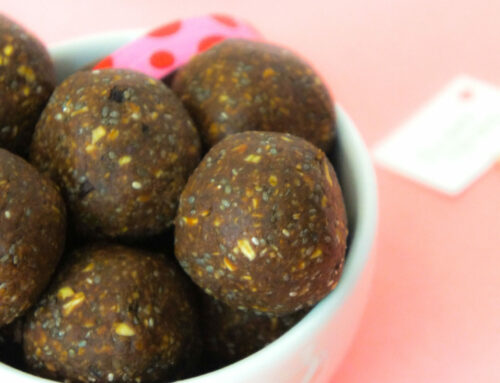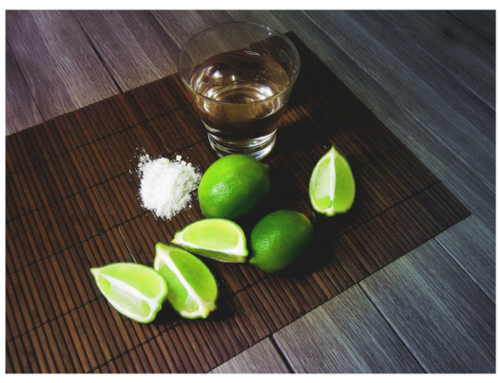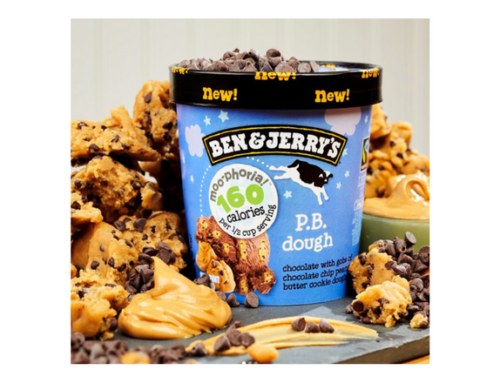Food fads sweep through so fast and furiously, we’re usually not through the food in our fridge before the new headline breaks. So what’s real and what’s actually good for you? A study in the Journal of the American College of Cardiology is here to tell you.
Related: 5 Healthy Resolutions That are Easy and Effective
The study was compiled by 12 researchers who analyzed more than 150 nutrition studies to find out whether there was any actual truth to the claims. The fact is that competent studies take time (and participants willing to follow rigorous diets) and are challenging to sustain.
And studies that do get published are misunderstood by the public and big food uses findings to influence food labels and public opinion. For example, when the Department of Agriculture recently released new guidelines removing limits on cholesterol, headlines like “Cholesterol in Food not a Concern” popped up and some industries pushed their products.
No one read the fine print: the USDA also said that “individuals should eat as little dietary cholesterol as possible.”
As we head into National Heart Health Month and National Nutrition Month, this is a good time to dive into what we should actually be eating:
– Coconut oil vs. olive oil. Stick to olive oil, the report finds. Claims on coconut oil are “unsubstantiated” while olive oil has been proven to decrease the likelihood of heart disease.
– Antioxidants. You know, that powerful acai berry. This research shows that you get just as many antioxidants in regular ol’ blueberries, raspberries, or strawberries. So have acai if you want it, but the results are the same.
– Nuts and juices. This is a big one. Nuts are juices are good for you, of course. But nuts are high in heart-healthy fats and juice is high in sugar, both are high in calories. So add nuts to your snacks but in strict moderation, and eat whole fruits and vegetables instead of juices.
– Gluten. Yikes. You may not want to hear this but there’s little evidence that gluten has any negative side effects. And gluten-free foods aren’t necessarily healthier. As this article points out, gluten-free pizza still has carbs and cheese. So stick to unprocessed grains.
So what’s the takeaway? What you already know.
Eat lots of fruits, vegetables, whole grains, and legumes, and a moderate amount of nuts, lean meats, vegetable oils, and low-fat dairy products.

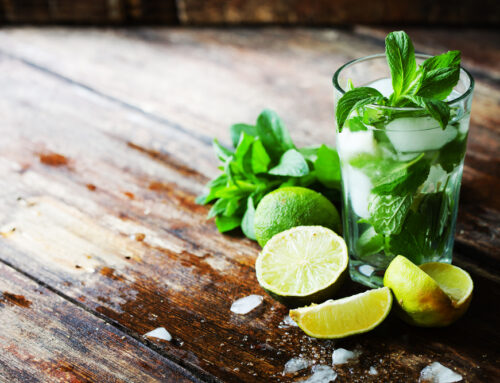
![Making Mealtime Matter with La Familia: Easy Sofrito [Video]](https://thelatinkitchen.com/wp-content/uploads/2015/10/sofrito-shutterstock__0-500x383.jpg)
![Easy Latin Smoothies: Goji Berry Smoothie [Video]](https://thelatinkitchen.com/wp-content/uploads/2015/12/goji_berry-shutterstock_-500x383.jpg)
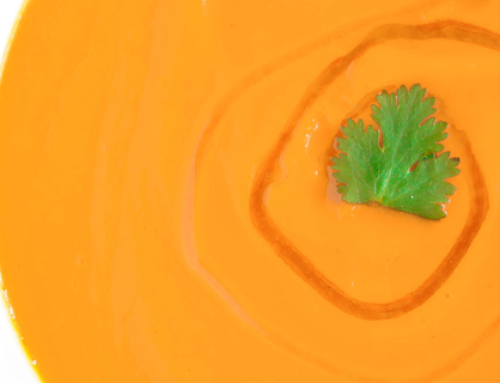
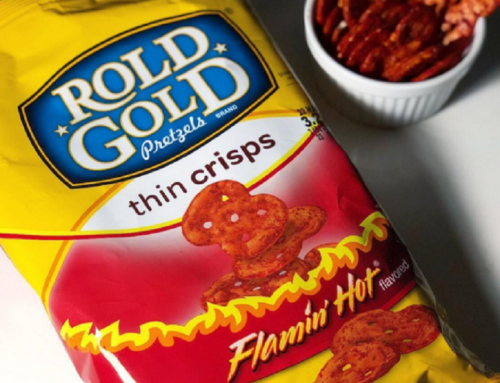
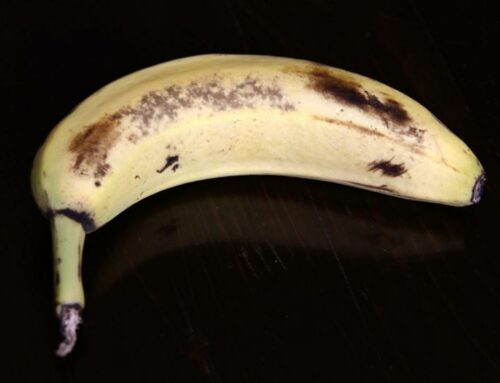



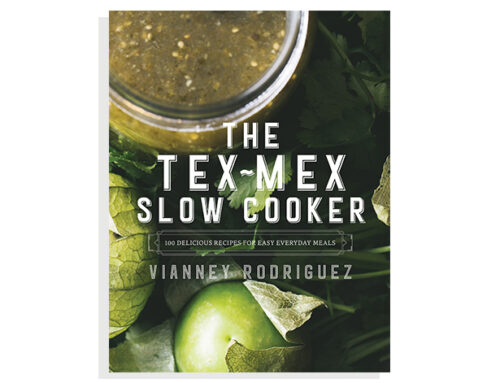
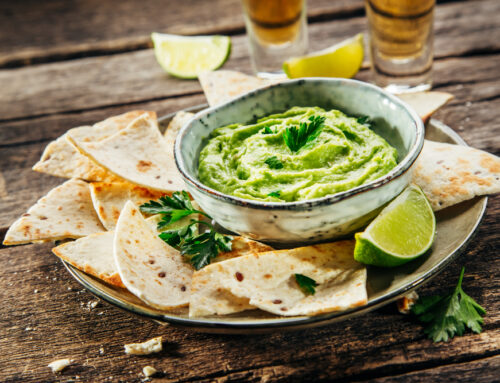
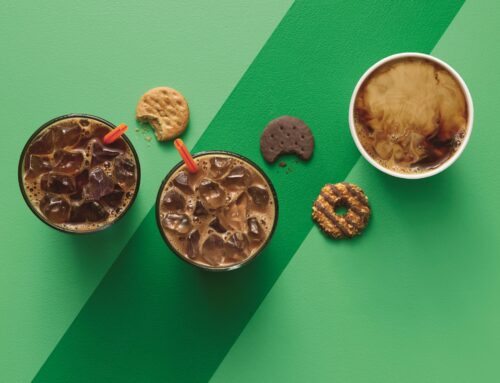


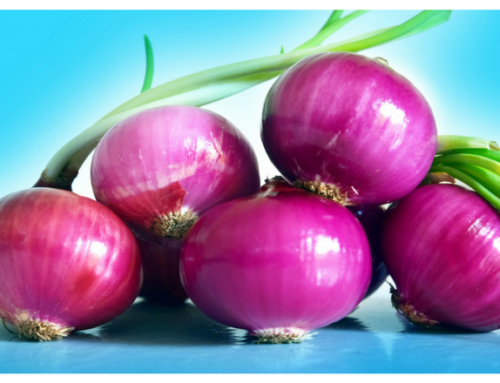

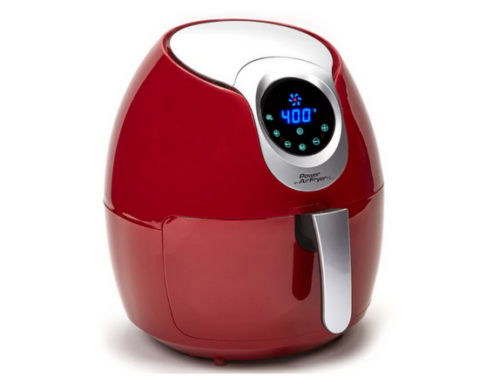


![Fun and Fast Recipes: Fiesta Cabbage Salad [Video]](https://thelatinkitchen.com/wp-content/uploads/2015/11/fiesta_cabbage_slaw-shutterstock_-500x383.jpg)
